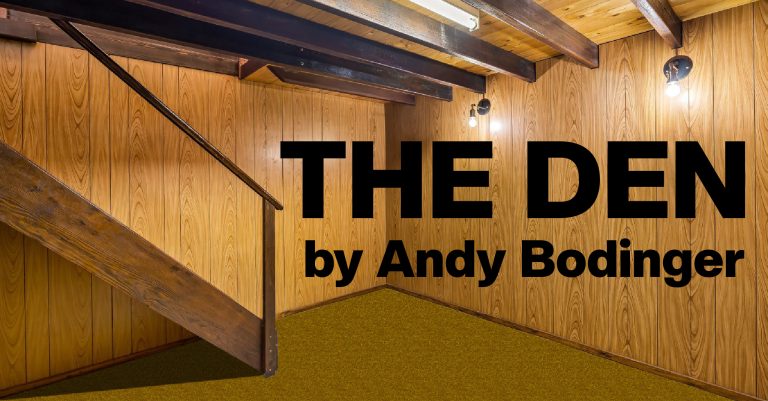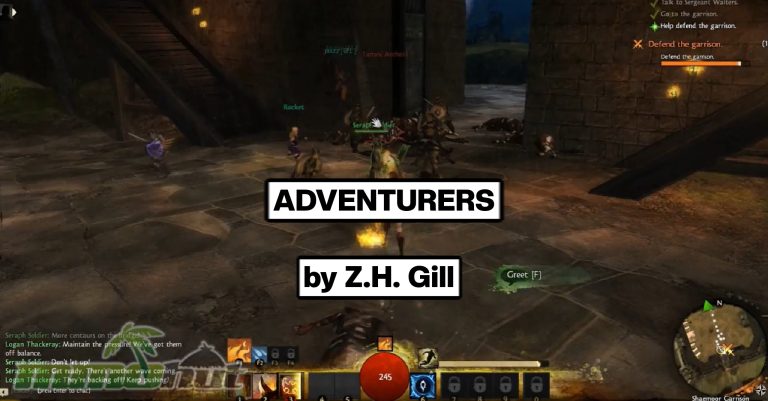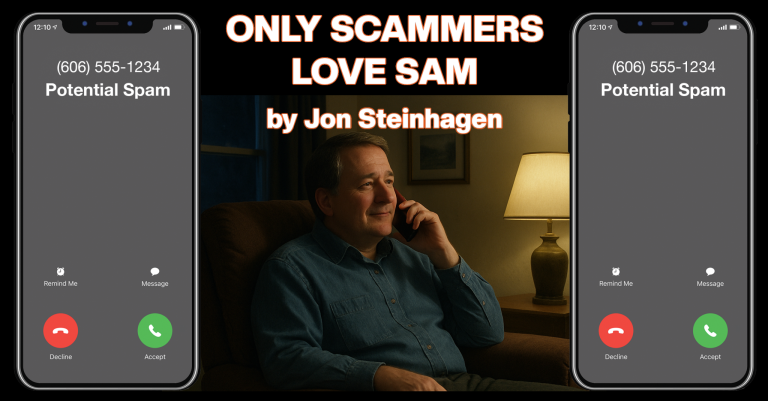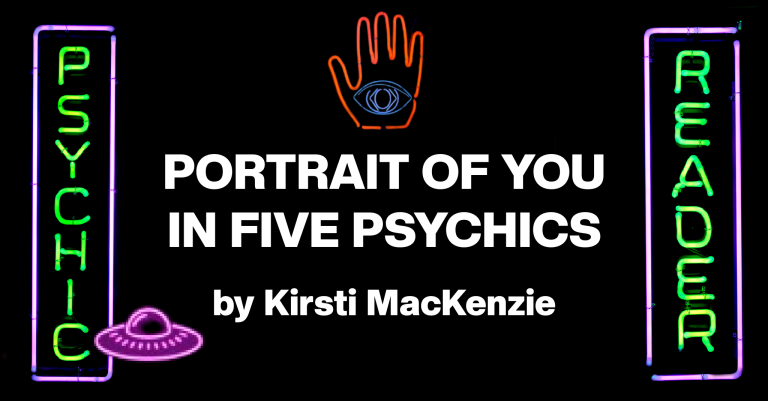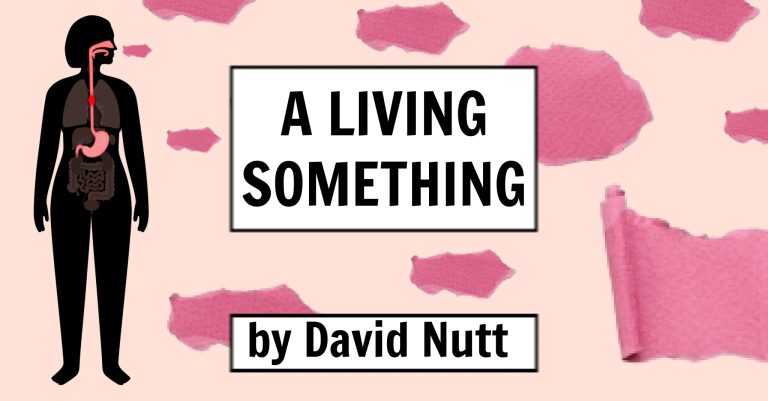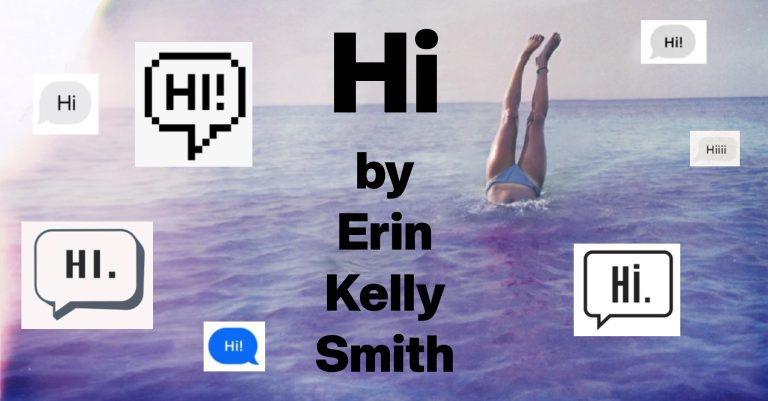
HI by Erin Kelly Smith
She filled out her first dating profile in a frenzied whirl, half-drunk on the yet-undigested news that her ex had brought someone with him to Thanksgiving that year. For a photo, she uploaded the professional headshot that was on the “Meet Our Team!” page of her work’s website, then quickly removed it, fearing these unknown, savage internet men could reverse-image search their way to learning every private facet of her life. She snapped a brand-new—and thus unsearchable—photo of herself standing and staring into her hallway mirror. She intended a smile, but only captured once its bloom had faded, her expression

